Anti-fat bias, also referred to as “fat phobia”, is the negative attitude or fear directed toward
fat people or the possibility of becoming fat. It is a pervasive form of discrimination that ranges
from everyday interpersonal slights to larger, systemic forms of oppression. Whether it’s
struggling to find clothes that fit, facing higher travel costs, or enduring ridicule in the media,
fat people are subject to bias in nearly every aspect of their lives.
Everyday Experiences of Anti-Fat Bias
Fat people encounter anti-fat bias in many ways. From the moment they step into the world, they are often judged, scrutinized, and offered unsolicited advice about their bodies. This bias can manifest in:
- Difficulty finding clothes that are fashionable, fit well, and have a diversity of style
- Paying more for airfare and other accommodations in public spaces
- Earning less money in the workplace, being hired less often after interviews
- Lack of legal protections against size-based discrimination
Unlike race, gender, or disability, fat people remain targets for cruel jokes in mainstream media, often enduring verbal abuse from family members, coworkers, and even strangers. This constant judgment creates an environment where fat individuals must brace themselves for ridicule or unsolicited health advice wherever they go.
To learn more about how size intersects with privilege and oppression, check out our article on fat-egories here.
Anti-Fat Bias in Healthcare
Perhaps the most harmful impact of anti-fat bias is found in healthcare settings. Many healthcare providers hold the belief—despite frequent evidence to the contrary—that higher weight automatically correlates with worse health outcomes, and that weight loss will universally lead to better health. This misconception results in fat patients being treated unfairly or inadequately.
Instead of listening to their symptoms and addressing their specific health concerns, fat people are often told to lose weight as the catch-all solution. This can discourage many from seeking medical care in the first place. The fear of being shamed at the doctor’s office leads many to avoid healthcare altogether, resulting in delayed diagnoses and missed screenings for serious health conditions.
Moreover, some fat individuals are outright denied necessary medical treatments until they lose weight—an outcome that is statistically unlikely for most people to achieve long-term without resorting to harmful, disordered behaviours. This denial is often based on provider liability concerns rather than patient well-being, as many doctors lack training in how to care for larger patients. For instance, medical schools rarely offer students the opportunity to practice on bodies with higher BMIs, meaning doctors are often ill-equipped to meet the needs of fat patients.
For more about misconceptions around weight and health, explore our Health at Every Size (HAES) article.
Why Body Positivity Isn’t Enough
While movements like body positivity and self-love have encouraged many to improve their personal relationship with their bodies, these individual changes are not enough to combat the systemic harm caused by anti-fat bias. The issues fat people face are structural, embedded in our healthcare systems, media, workplaces, and daily interactions. Without broader advocacy and policy changes, fat people will continue to be harmed, regardless of how much they love themselves.
Conclusion
Anti-fat bias is more than just uncomfortable interactions or rude comments; it’s a widespread form of discrimination that impacts nearly every facet of life for fat individuals, from healthcare to economic opportunities. While building self-love is valuable, systemic change is necessary to dismantle anti-fat bias and create a more equitable society. Until this happens, fat people will continue to face undue harm, and that is why ongoing advocacy and education are so critical.











